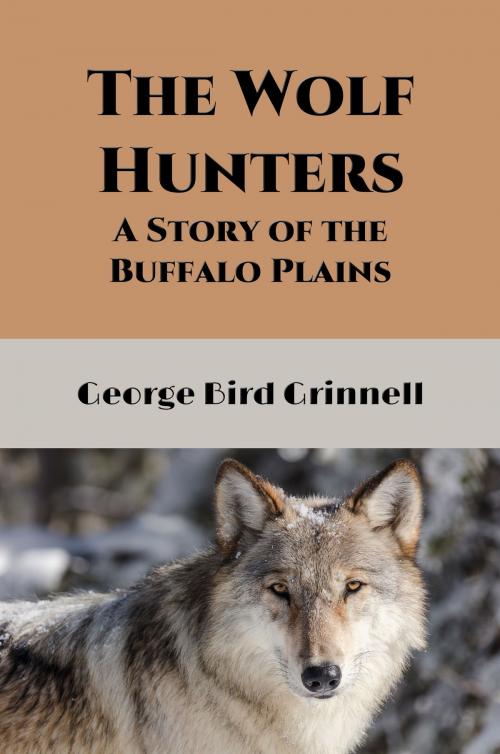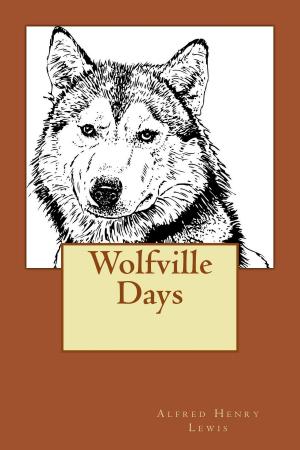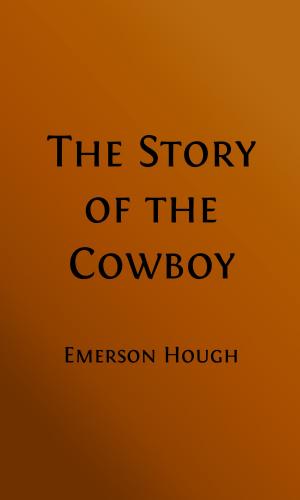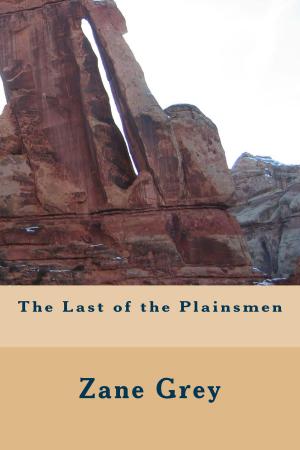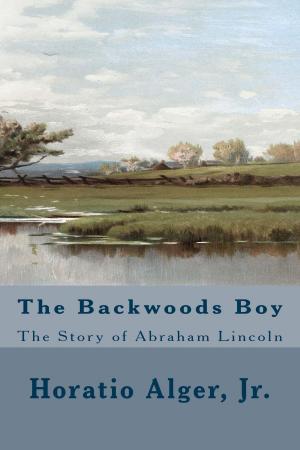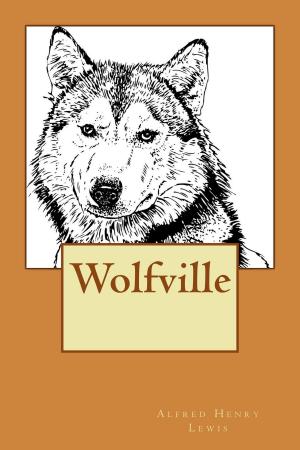The Wolf Hunters (Illustrated)
A Story of the Buffalo Plains
Fiction & Literature, Native American & Aboriginal, Westerns, Action Suspense| Author: | George Bird Grinnell | ISBN: | 1230003000717 |
| Publisher: | Steve Gabany | Publication: | December 21, 2018 |
| Imprint: | Language: | English |
| Author: | George Bird Grinnell |
| ISBN: | 1230003000717 |
| Publisher: | Steve Gabany |
| Publication: | December 21, 2018 |
| Imprint: | |
| Language: | English |
"THE WOLF HUNTERS" is a plausible and adventurous story of three discharged soldiers who, in the early days, rigged out an outfit and pushed onto the buffalo plains to take pelts for the market. Except for the phenomenal shooting of Wild Bill Hickok, which very few people who know something of good marksmanship will be likely to credit, there is nothing in the book that may not be accepted as a fair, accurate and eminently sane picture of life in the early days of the West. That being true, it follows that adventures with outlaws and Indians were frequent, for life in those times was anything but prosaic.
The ruse by which the Jayhawker ruffians are frightened off after attempting to steal the outfit's mules, the discovery of human skull and the tragic message carried by the messenger service of the faithful dog that runs the gauntlet of the attacking Indians, are all episodes peculiar to the lawless plains and all are described with a sobriety of statement, nevertheless graphic, not often met with in stories of the West.
The author relates in an introductory note that the book describes the actual adventures of Robert Morris Peck and his two companions, all discharged soldiers, during the whiter of 1861-1862, who went out on the plains, made a camp and spent the winter there killing buffalo and poisoning the carcasses with strychnine. The wolves that fed on these carcasses died about them, and the pelts were taken (Reviewer unknown).
George Bird Grinnell (September 20, 1849 – April 11, 1938) was an American anthropologist, historian, naturalist, and writer. Grinnell was born in Brooklyn, New York, and graduated from Yale University with a B.A. in 1870 and a Ph.D. in 1880. Originally specializing in zoology, he became a prominent early conservationist and student of Native American life. Grinnell has been recognized for his influence on public opinion and work on legislation to preserve the American bison. Mount Grinnell is named after Grinnell.
"THE WOLF HUNTERS" is a plausible and adventurous story of three discharged soldiers who, in the early days, rigged out an outfit and pushed onto the buffalo plains to take pelts for the market. Except for the phenomenal shooting of Wild Bill Hickok, which very few people who know something of good marksmanship will be likely to credit, there is nothing in the book that may not be accepted as a fair, accurate and eminently sane picture of life in the early days of the West. That being true, it follows that adventures with outlaws and Indians were frequent, for life in those times was anything but prosaic.
The ruse by which the Jayhawker ruffians are frightened off after attempting to steal the outfit's mules, the discovery of human skull and the tragic message carried by the messenger service of the faithful dog that runs the gauntlet of the attacking Indians, are all episodes peculiar to the lawless plains and all are described with a sobriety of statement, nevertheless graphic, not often met with in stories of the West.
The author relates in an introductory note that the book describes the actual adventures of Robert Morris Peck and his two companions, all discharged soldiers, during the whiter of 1861-1862, who went out on the plains, made a camp and spent the winter there killing buffalo and poisoning the carcasses with strychnine. The wolves that fed on these carcasses died about them, and the pelts were taken (Reviewer unknown).
George Bird Grinnell (September 20, 1849 – April 11, 1938) was an American anthropologist, historian, naturalist, and writer. Grinnell was born in Brooklyn, New York, and graduated from Yale University with a B.A. in 1870 and a Ph.D. in 1880. Originally specializing in zoology, he became a prominent early conservationist and student of Native American life. Grinnell has been recognized for his influence on public opinion and work on legislation to preserve the American bison. Mount Grinnell is named after Grinnell.
